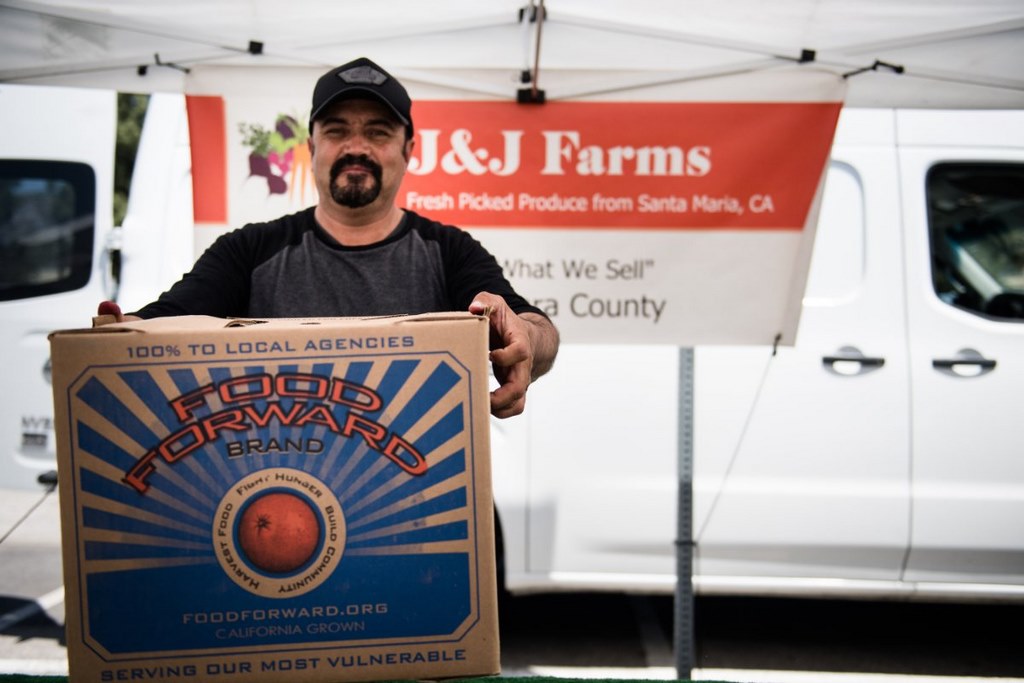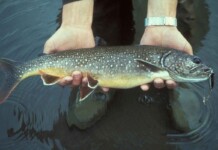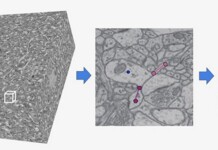
A Los Angeles-based non-profit is helping reroute perishing produce to communities in need of more fresh fruits and veggies all over the country.
A combination of inflationary governmental fiscal policy and the centrally-planned response to COVID-19 has really damaged the ability of rural or food-desert-based communities to buy fresh produce.
Since 2009, Food Forward has rerouted 250 million pounds of food from landfills and delivered over a billion servings of fresh produce to food insecure communities.
Based in Southern California, Food Forward have mastered the logistical challenge of rerouting produce destined for landfills to communities that need it. SoCal is both the largest exporter and importer of produce in the country, making them perfectly placed.
From its refrigerated food distribution center in south east LA, the group works with 350 direct partners coordinating food donations, which have so far made it out to 12 California counties, six other states, and two Tribal nations.
“We understood workflows well enough, we understood efficiencies, we understood the network and how food flows through the L.A. area, the contiguous county, and the region,” CEO Rick Nahmias told Civileats.
“We’re all kind of under this umbrella, feeling like the last 10 years for Food Forward were a dress rehearsal for the pandemic.”
Coming out of the centrally-planned chaos of the pandemic, Food Forward feels they are getting a grip on the demand for fresh produce rather than reacting to it in difficult or emergency circumstances.
There are as many problems in this line of work as a CEO could stomach. Chief among them is the fact that often the food has just days of shelf life left. Nahmias credits his team’s nimbleness and excellent reactivity to the success that saw them win 2018 CA non-profit of the year.
Their operation is so tight that every $1 donated allows them to redirect 10 pounds of produce from restaurants, grocery stores, or farms before sending them to communities that rarely get to buy a bright red tomato or a crisp head of romaine.
Keeping that perishing produce out of landfills also reduces methane gas emissions from its decomposition, reducing America’s methane footprint after about ten years.
DISTRIBUTE This Good News The On Social Media Of Your Choice…



















